‘It’s a disaster’: Outrage as Donald Trump pauses ‘horrible’ and ‘ridiculous’ law
Donald Trump has only been back in power for less than a month – but already, he’s shocked with a truly eyebrow-raising move.
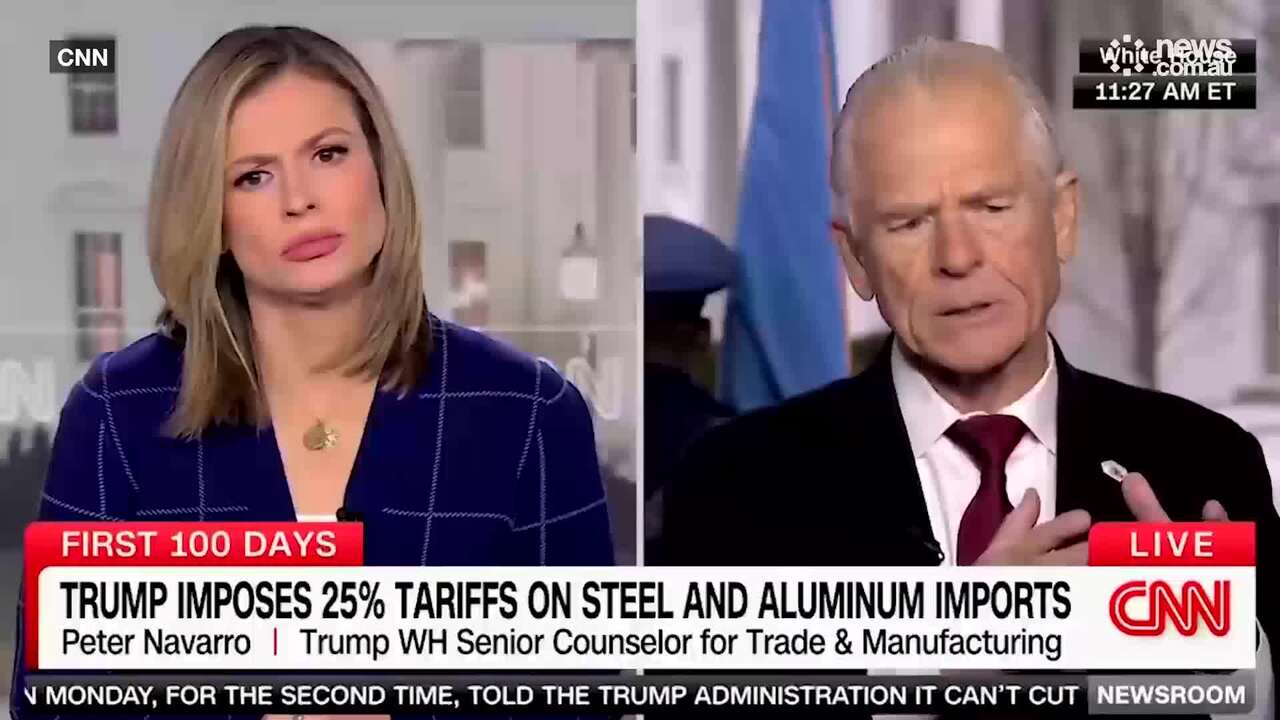
Has the United States given bribery the green light?
In one of his first acts in his mandate to “drain the swamp”, President Donald Trump has ordered a six-month pause to all investigations involving illicit payments by corporate America to foreign officials.
And it’s just another in a series of apparently corruption-friendly moves by the new White House administration in less than a month.
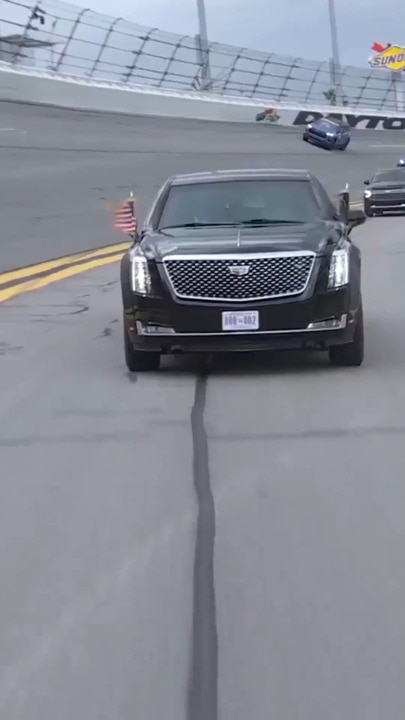
The Foreign Corrupt Practices Act (FCPA) makes it illegal for US firms and foreign companies with US connections to bribe foreign officials.
“It sounds good on paper, but in practicality it’s a disaster,” the former real estate mogul and celebrity television host-turned US president said when announcing the move.
“It means that if an American goes to a foreign country and starts doing business there legally, legitimately or otherwise, it’s almost a guaranteed investigation, indictment, and nobody wants to do business with the Americans because of it.”
But the move has profound implications for nations with which US companies do business.
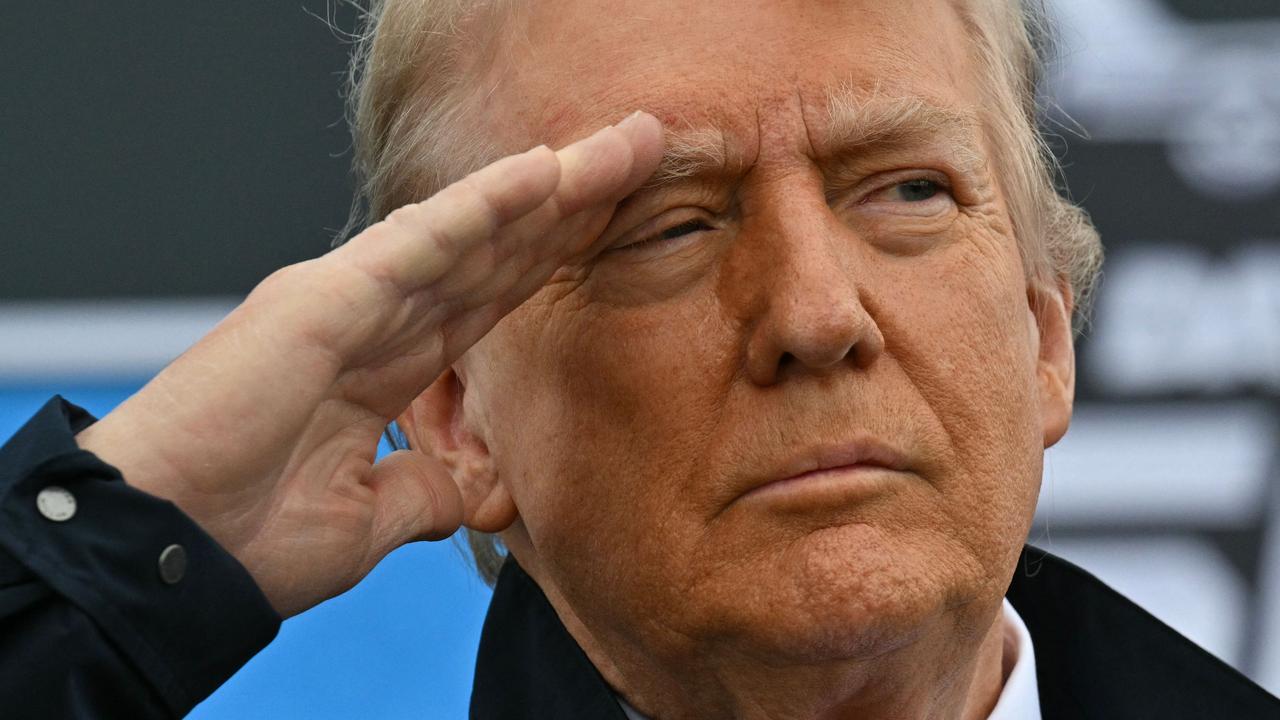
This includes Australia – and major projects such as the $368 billion deal to build nuclear submarines under a cooperative arrangement with the United Kingdom and United States (AUKUS).
US corporate leaders have long complained the 1977 law puts them at a “disadvantage” in international competition. They insist buying government contracts and regulatory approvals is “common”.
All FCPA investigations and prosecution cases have been suspended for six months. The reason given is to give Trump-appointed Attorney-General Pam Bondi time to “review” the cases and “revise” enforcement guidelines.
Ms Bondi has been given the discretion to extend the ban by a further six months if she deems it necessary.
Active pursuit
President Trump has previously called the FCPA law “horrible” and “ridiculous”.
In his executive order issued last week, Mr Trump justified the pause as part of his electoral mandate to “advance American economic and national security by eliminating excessive barriers to American commerce abroad”.
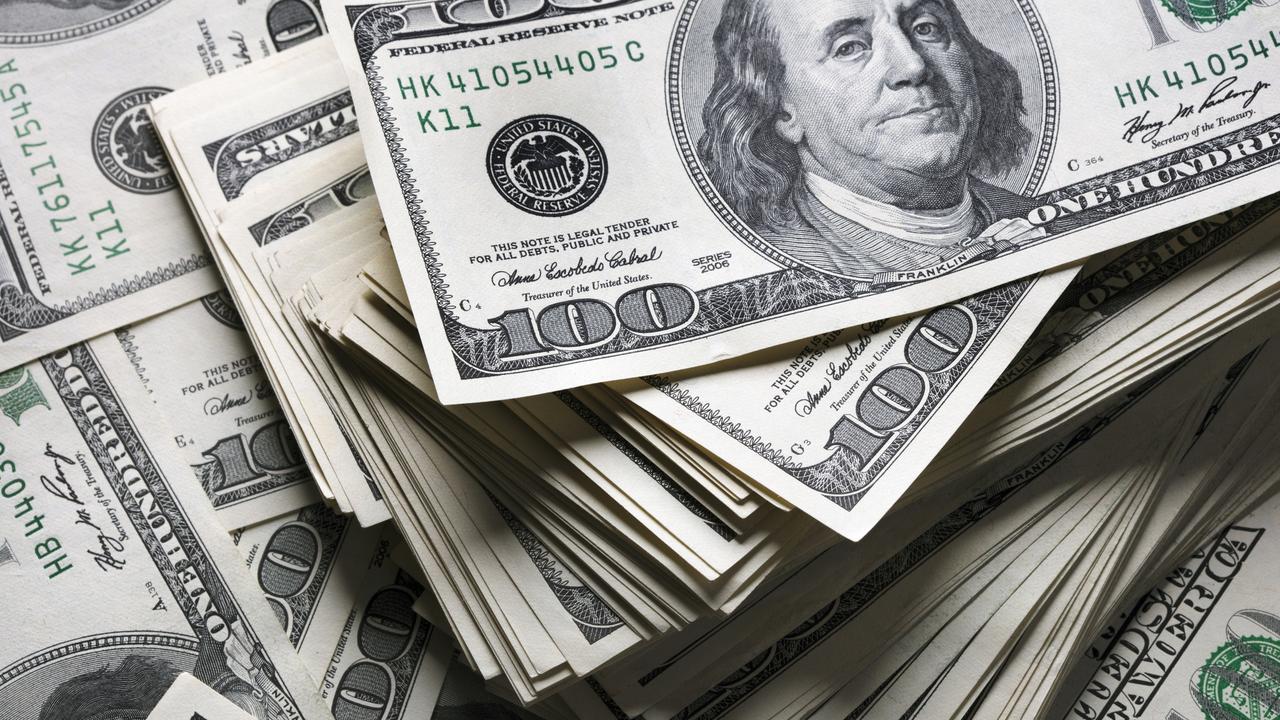
He insists the act has been “stretched beyond proper bounds and abused in a manner that harms the interests of the United States”.
The FCPA has claimed several notable scalps.
The anti-corruption act was enacted after the Watergate Scandal engulfed then-US President Richard Nixon and exposed widespread bribery by US multinational corporations. This was having a serious detrimental impact on the success of US foreign policy and the nation’s reputation.
And in recent decades, the FCPA has been particularly busy.
Two Brazilian companies were fined $A5.5 billion in 2016 after pleading guilty to standardising the practice and using US banks to disguise the transactions.
European aircraft manufacturer Airbus paid more than $A6 billion for bribing government officials and corporate executives in a variety of nations.
Financial services provider Goldman Sachs was fined $A4.6 billion for a scheme to bribe Malaysian and Emirati government officials in exchange for lucrative contracts.
And in November last year, a Canadian investment firm was charged over an alleged bribery scheme involving powerful Indian billionaire Gautam Adani.
The US Department of Justice indicted Adani and seven other senior executives on charges of paying over $250 million in bribes to Indian government officials to secure lucrative solar energy contracts in November 2024.
These contracts were projected to generate more than $2 billion in profits over approximately 20 years. The indictment alleges that Adani personally met with an Indian government official to advance the bribery scheme.
Those legal proceedings are ongoing.
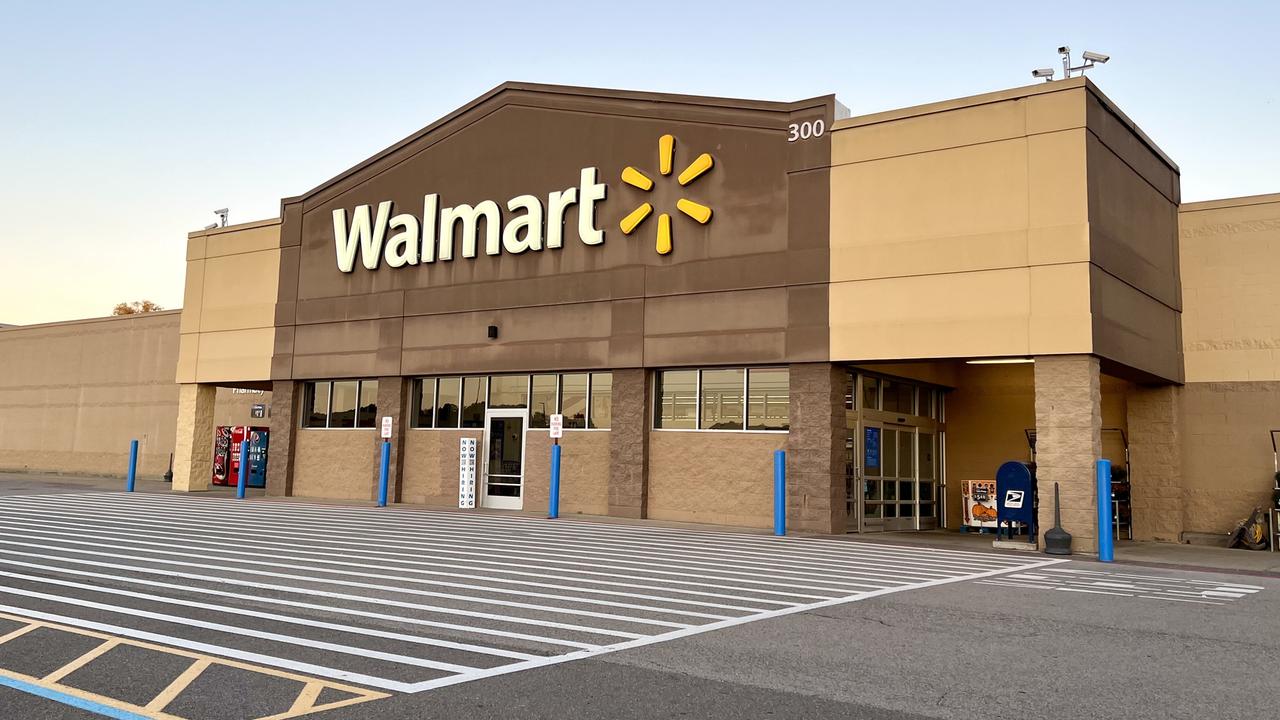
Now, Mr Trump says FCPA has stopped US companies from “engaging in practices common among international competitors, creating an uneven playing field”.
But the six-to-12-month pause is not a “get-out-of-jail-free card”.
“Bribery is still illegal,” high-profile US law firm Arnold & Porter states in an analysis of the move.
“The FCPA remains on the books; Congress has not repealed it. And many other state, federal and foreign laws still prohibit bribery.”
But, at best, the backlog of cases the enforcement body must investigate is set to explode. Last year alone, it initiated 26 new investigations against high-profile global corporations.
These include the likes of retailer Walmart and mining giant Glencore.
“This pause will work to the advantage of unscrupulous business actors around the world who until now feared US criminal pursuits,” anti-corruption organisation Transparency International said in a statement.
It calls on other members of the Anti-Bribery Convention to strengthen their own enforcement to counteract the Trump administration’s order.
Legality of the order is under a cloud
“It’s going to mean a lot more business for America,” Mr Trump said while signing the executive order in the Oval Office.
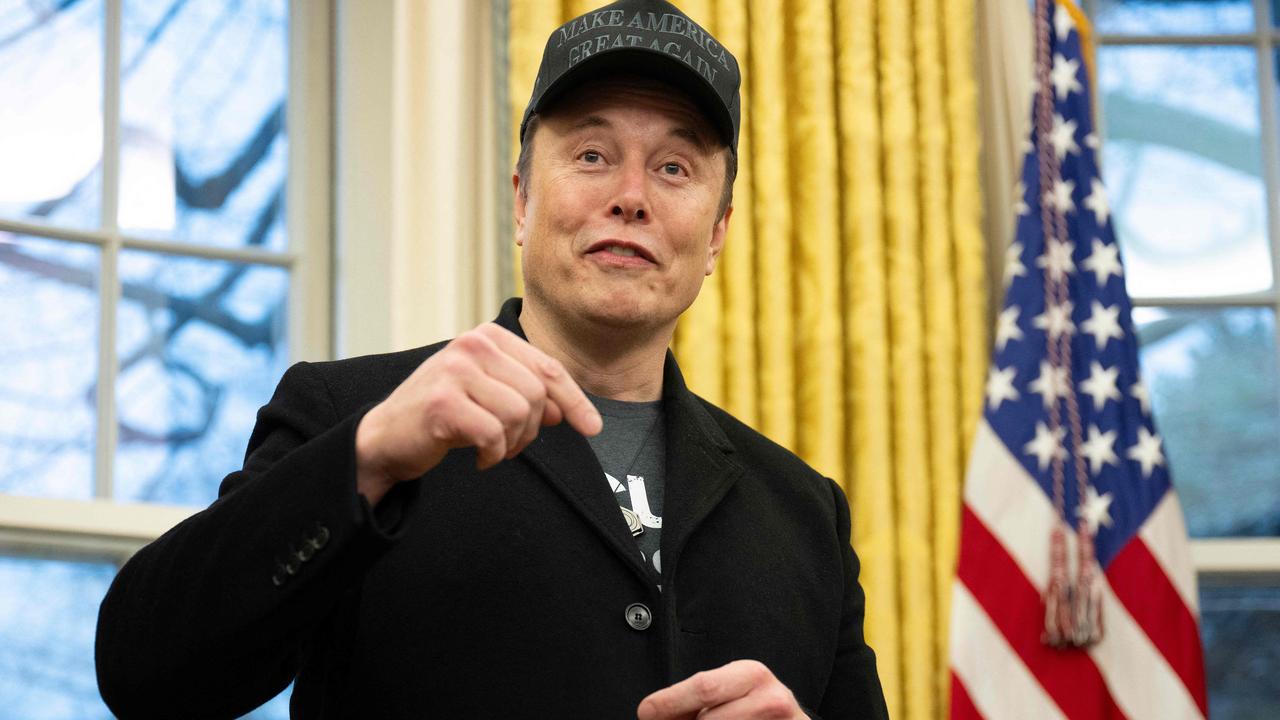
The legality of the order is under a cloud. The US Constitution demands that a president must “take care” that any law by Congress is “faithfully” executed. A president does not have the power to override a law.
Meanwhile, allegations of corruption are being fired off in all directions.
“Special Government Employee” and Presidential “First Buddy” Elon Musk says his unofficial department of government efficiency (DOGE) is engaged in the anti-corruption fight.
“We do find it rather odd that there are quite a few people in the bureaucracy who have ostensibly a salary of a few hundred thousand dollars, but somehow managed to accrue tens of millions of dollars in net worth,” he said while standing alongside President Trump at the White House last week.
Mr Musk then went on to a private meeting with Indian Prime Minister Narendra Modi.
When asked if Mr Musk was engaging in this high-level diplomatic contact as a businessman with extensive financial interests in India or as a government representative, Mr Trump responded: “I don’t know”.
“They met, and I assume he wants to do business in India,” Mr Trump said.
“I would imagine he met because, possibly, he’s running a company.”
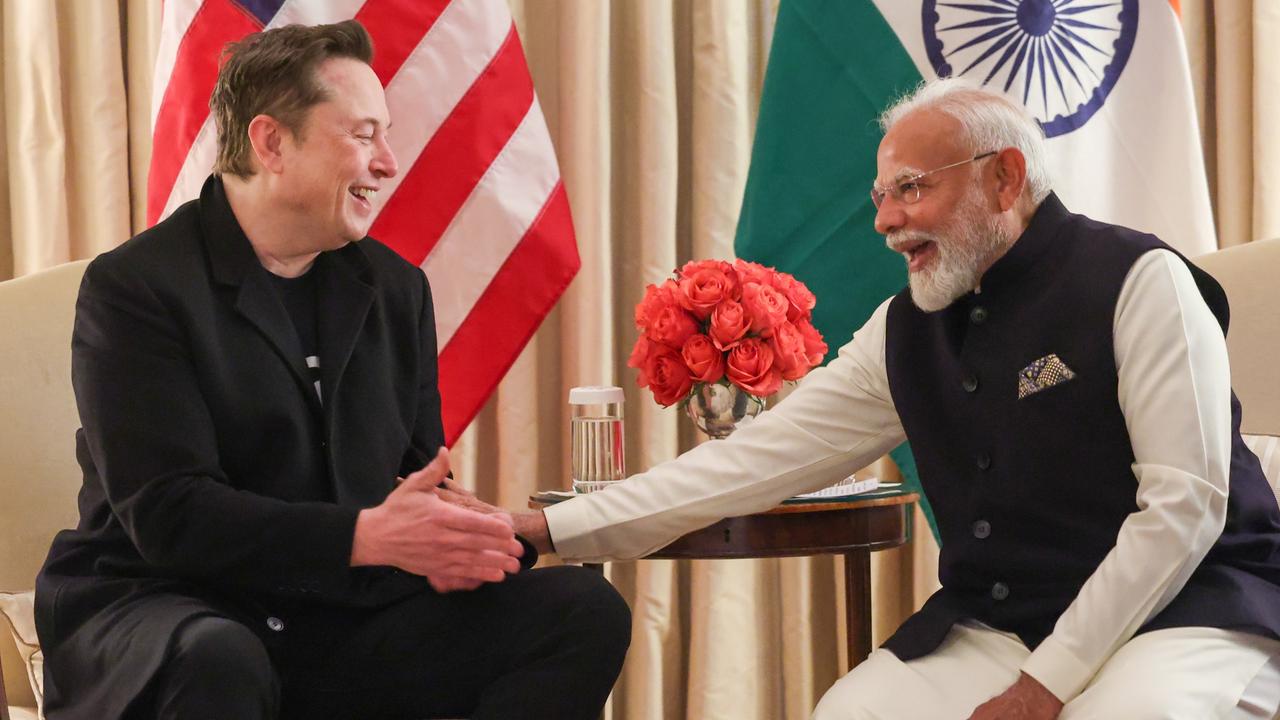
Foreign bribes were a core component of charges against New York City mayor Eric Adams. He’d allegedly received lavish bribes and gifts from Turkish officials.
Last week, Mr Trump ordered his Department of Justice to drop these charges.
“This isn’t justice,” Democrat Party strategist Chris Jackson stated on X.
“This is corruption in plain sight. The rule of law is officially dead.”
Oddly, Mr Trump has reached the same conclusion, albeit for different reasons.
He accused his home state of being “the most corrupt State in the Union” just hours after letting Mayor Adams free.
“That is why so many businesses and people are fleeing. We need great Judges and Politicians to help fix New York, and to stop the kind of Lawfare that was launched against me, from falsely valuing Mar-a-Lago at $18 Million Dollars, when it is worth, perhaps, 100 times that amount,” he said.
Earlier, he pardoned former Illinois governor, Democrat Rod Blagojevich, of his 14-year jail term for “selling” former President Barack Obama’s vacated senate seat to the highest bidder.
“It was sort of a terrible injustice. They just went after him, they go after a lot of people. These are bad people on the other side,” Mr Trump said as he signed the pardon in the Oval Office.
“I think he’s a very fine person, and this shouldn’t have happened.”
Jamie Seidel is a freelance writer | @jamieseidel.bsky.social






